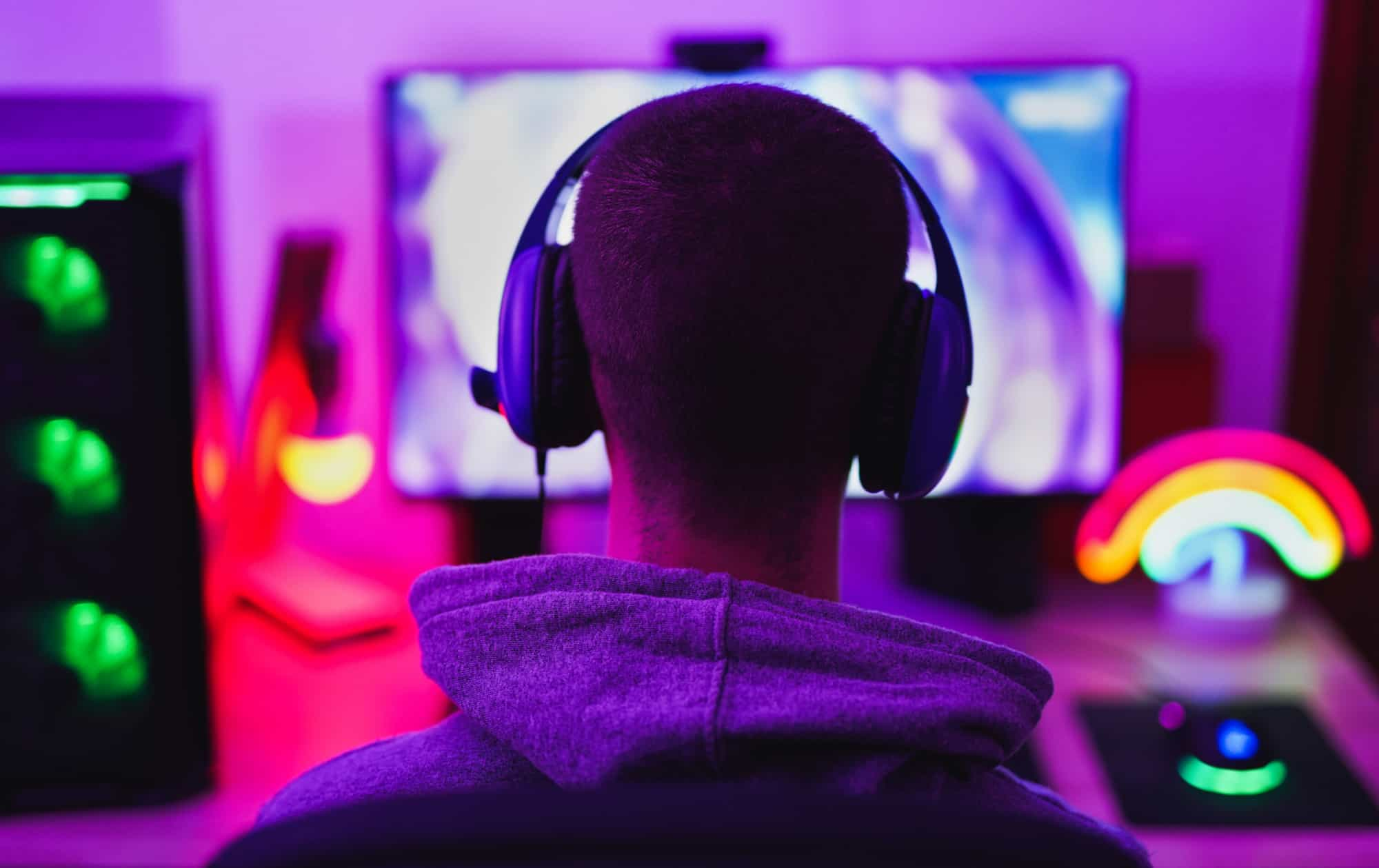

Research to understand the benefits and harms of esports
Healthy Families

What started as a conversation to understand the benefits and harms of esports in Ōtautahi Christchurch has led to an Aotearoa New Zealand-first pilot study with young people.
Healthy Families Ōtautahi (HFŌ) is partnering with researchers from Auckland University of Technology (AUT) to study high school students’ engagement in esports. The aim is to better understand the potential health benefits of providing and participating in esports, and the potential harms.
Associate Professor Maria Bellringer, the director of AUT’s Gambling and Addictions Research Centre, has been studying gambling-related harm for 22 years and was recently approached by HFŌ Lead Systems Innovator Maria Smolar.
HFŌ has contributed to the esports space by addressing equity of access to gaming equipment for young people. Additionally, HFŌ has been supporting Neurocraft – a program helping neurodivergent young people to connect, engage and thrive in the gaming world.
“One of Healthy Families’ areas is around mental health, so if we are looking at increasing mental health wellbeing in communities, we’re bringing people from their rooms into spaces where they’re engaging, they’re connecting – that’s good for wellbeing,” says Smolar. “What we want to do is take a ‘balance is better’ approach... [and investigate] what that looks like from an esports perspective.
“We recognised esports can provide a range of opportunities for young people, including those who may not be able to engage in traditional sports. However, we also recognised the harms associated with gaming and esports that we needed to understand to create a positive esports community.”
Smolar says HFŌ recognised the need “to engage in this space early and get onto addressing harms to put the conditions in place for a positive system”, given esports’ rapidly growing popularity.
“If Christchurch is going to become the ‘esports capital’, we want it to become the esports capital with a healthy focus.
Read more:
- Embracing a systemic theory of change
- Building blocks to healthy and affordable kai
- How Te Kāhui Māori is driving change in the Regional Sports Trust network
“Connecting with Maria Bellringer and her team at AUT means we can build on the findings from their research and provide the sector, and others with evidence-based insights.”
Bellringer and AUT research fellow, Oliver Birch, began their study last week by conducting focus groups with approximately 30 high school students from Ōtautahi Christchurch over two days.
“It seems as though the concern is less about the games and being involved in esports, and more about being able to look out for those warning signs and preparing kids [and] parents… to look out for loot boxes and gambling opportunities,” Birch notes.
“Some of the kids were saying some games don’t have microtransactions… and perhaps there’s a way of steering kids into esports and the games that are safer because they don’t have microtransactions,” Bellringer adds.
Questions posed to the students included why they participate in esports and the perceived benefits and harms of gaming.
Some of the rangatahi discussed the positive impact of esports on their mental health.
“For some kids who can’t take part in physical team sports, who are missing out on that camaraderie and the mental health benefits that come from being in a team with mates and having a good time [are] able to do that through esports,” Bellringer says.
“There are also kids who still do the physical sports as well, but the esports still seem to give them the mental health benefits… We haven’t finished this research and this could change, but my personal opinion is that the age of the children we are interviewing at the moment, the benefits outweigh the harms.”
Sport Canterbury Chief Executive Julyan Falloon says he’s seen overseas examples of social engagement in esports and how this positively contributes to the mental well-being of rangatahi.
“In Norway, I witnessed a sports club encouraging their local rangatahi to come out of their homes by facilitating esports competitions within their club environment to increase social interaction and connection.
“A great next step would be to see young people not only thriving in esports but also transitioning into other forms of physical activity. Balancing virtual and physical engagement is key to their overall well-being.”
AUT’s study remains a work in progress and the researchers hope to report their results by the end of the year.
Article added: Thursday 19 September 2024

